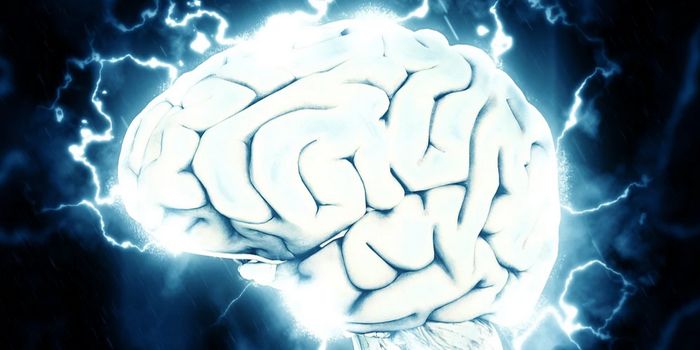Physical Activity Boosts Cognitive Reserve in Women, not Men
Physical and mental activity may affect the cognitive reserves of men and women differently. The corresponding study was published in Neurology.
Previous research suggests that lifestyle activity, including physical activity and cognitive stimulation, may mitigate age-related cognitive decline and delay dementia onset. How different activities affect cognition between the different sexes, however, has remained largely understudied.
In the current study, researchers investigated how different activities affected the cognitive reserve- thinking speed and memory despite aging- in men and women. To do so, they recruited 758 people with an average age of 76 years old. While some had no thinking or memory problems, others had mild cognitive impairment or dementia.
All of the participants underwent brain scans and thinking speed and memory tests. Their cognitive reserve was then calculated by comparing their thinking test scores with changes in the brain linked to dementia, such as the total volume of the hippocampus.
They were also asked about their usual weekly physical activity and whether they read magazines, newspapers, or books, went to classes or played cards, games, or bingo to assess their mental activity.
In the end, the researchers found that higher levels of physical activity were linked to a greater speed reserve- but not memory- in women, although the same link was not found in men. They further found that greater mental activity scores were linked to a greater memory and speed reserve in women; however, only a greater speed reserve in men.
While self-reported physical and cognitive activities had more pronounced effects on women's cognitive reserves than men's overall, the researchers noted that findings for women- but not men- were attenuated by APOE4 gene presence- a gene linked to Alzheimer's risk.
"As we have arguably few-to-no effective treatments for Alzheimer's disease, prevention is crucial. An ounce of prevention is worth a pound of treatment," Judy Pa, Ph.D., of the University of California, San Diego, one of the authors of the study.
"To know that people could potentially improve their cognitive reserve by taking simple steps such as going to classes at the community center, playing bingo with their friends, or spending more time walking or gardening is very exciting," she added.
The authors noted some limitations to their research. As physical and mental activities were self-reported, their results may be dependent on memory recall. They also did not account for structural and societal factors that may also affect cognitive reserve, such as education.
Sources: Science Daily, Neurology









